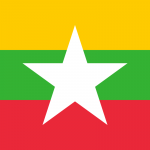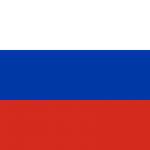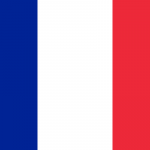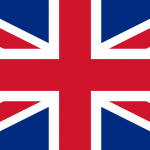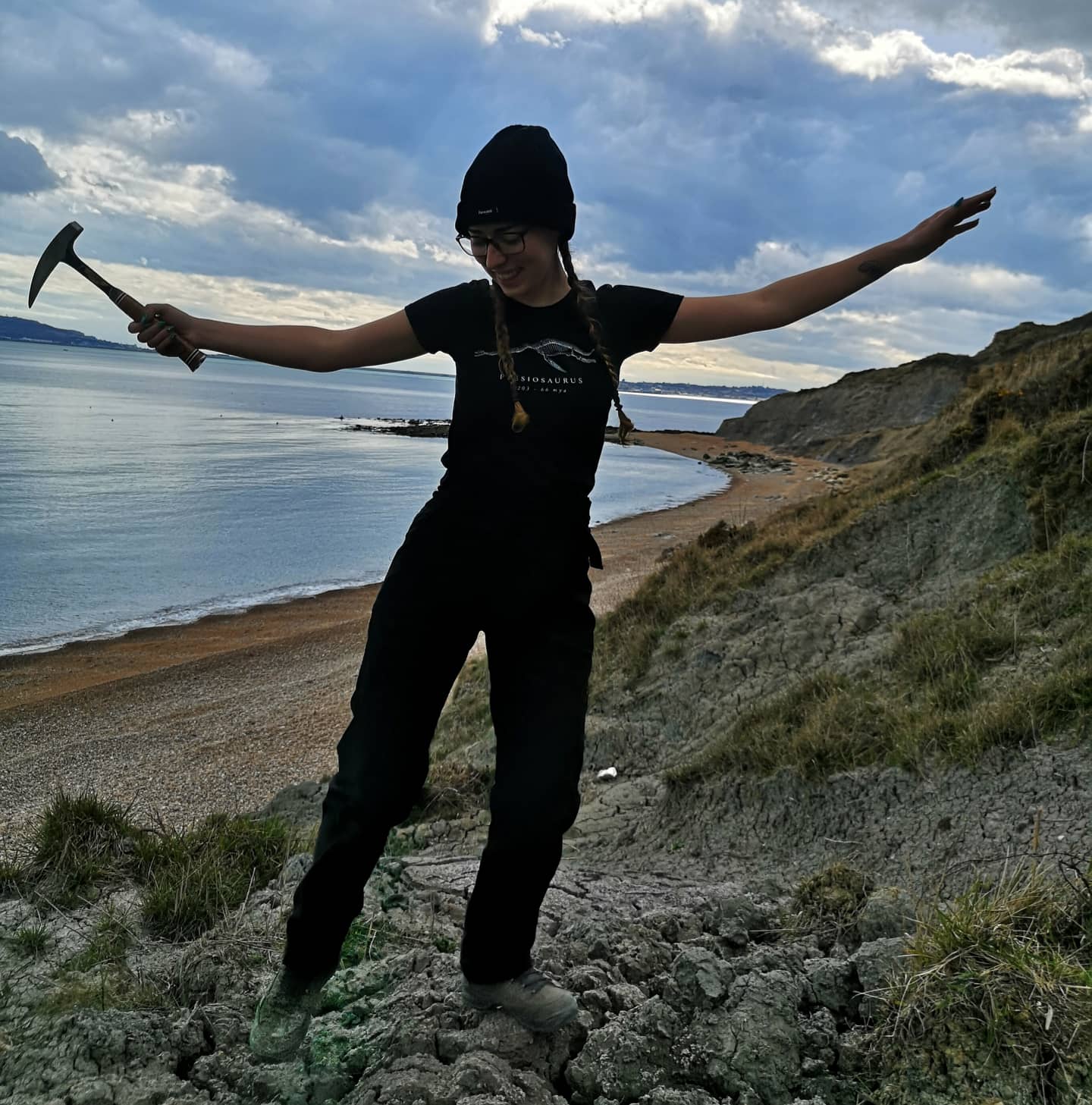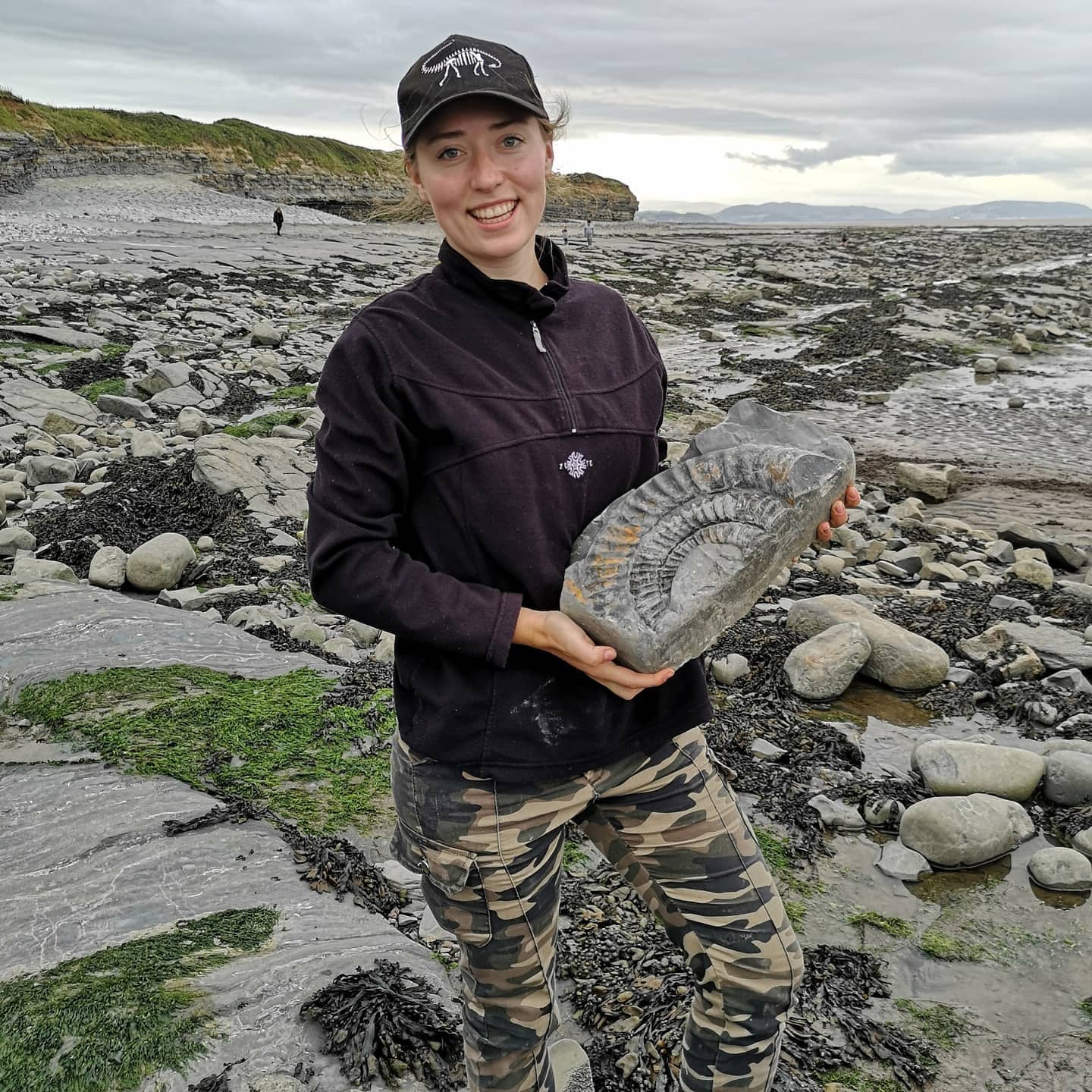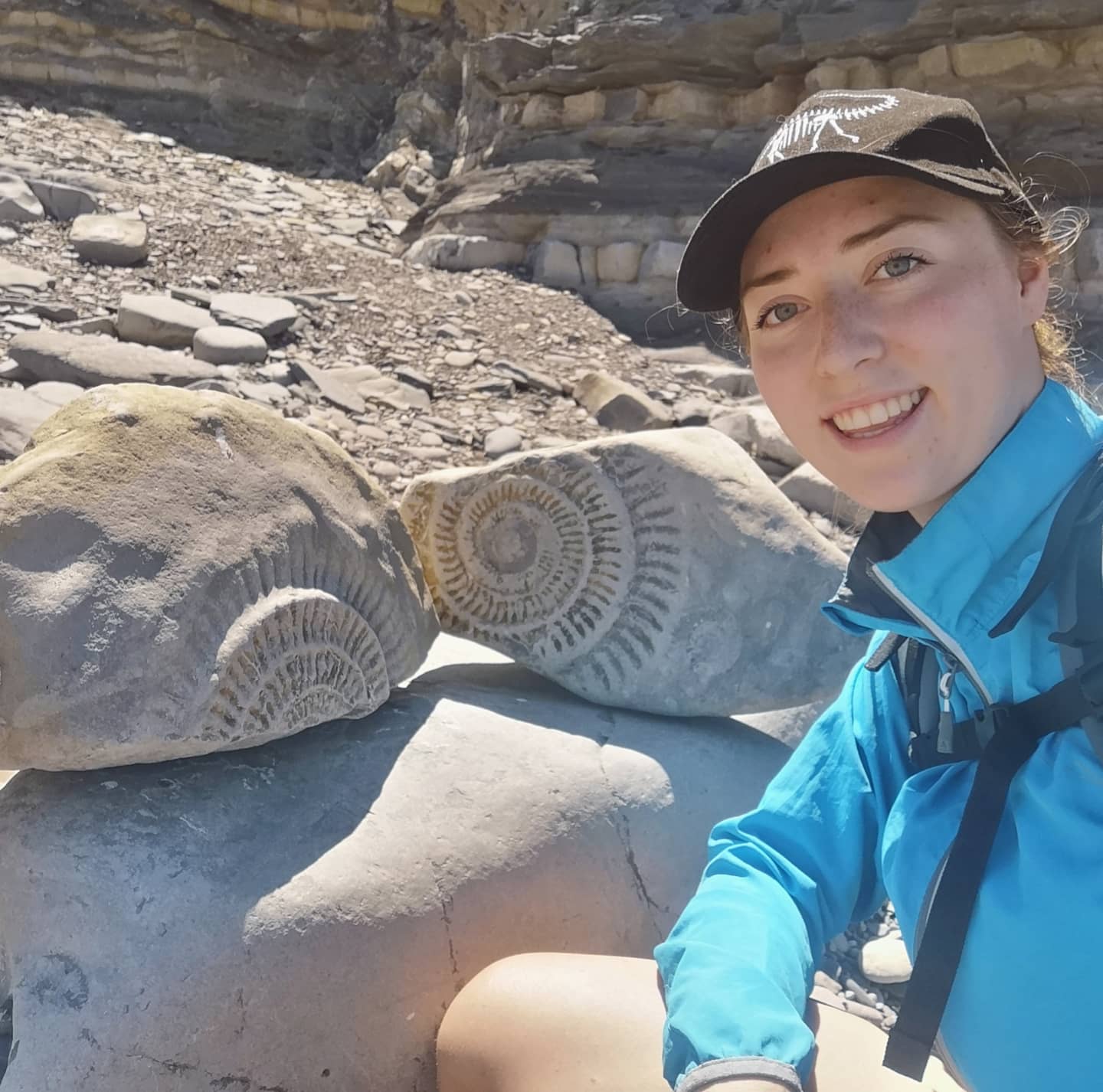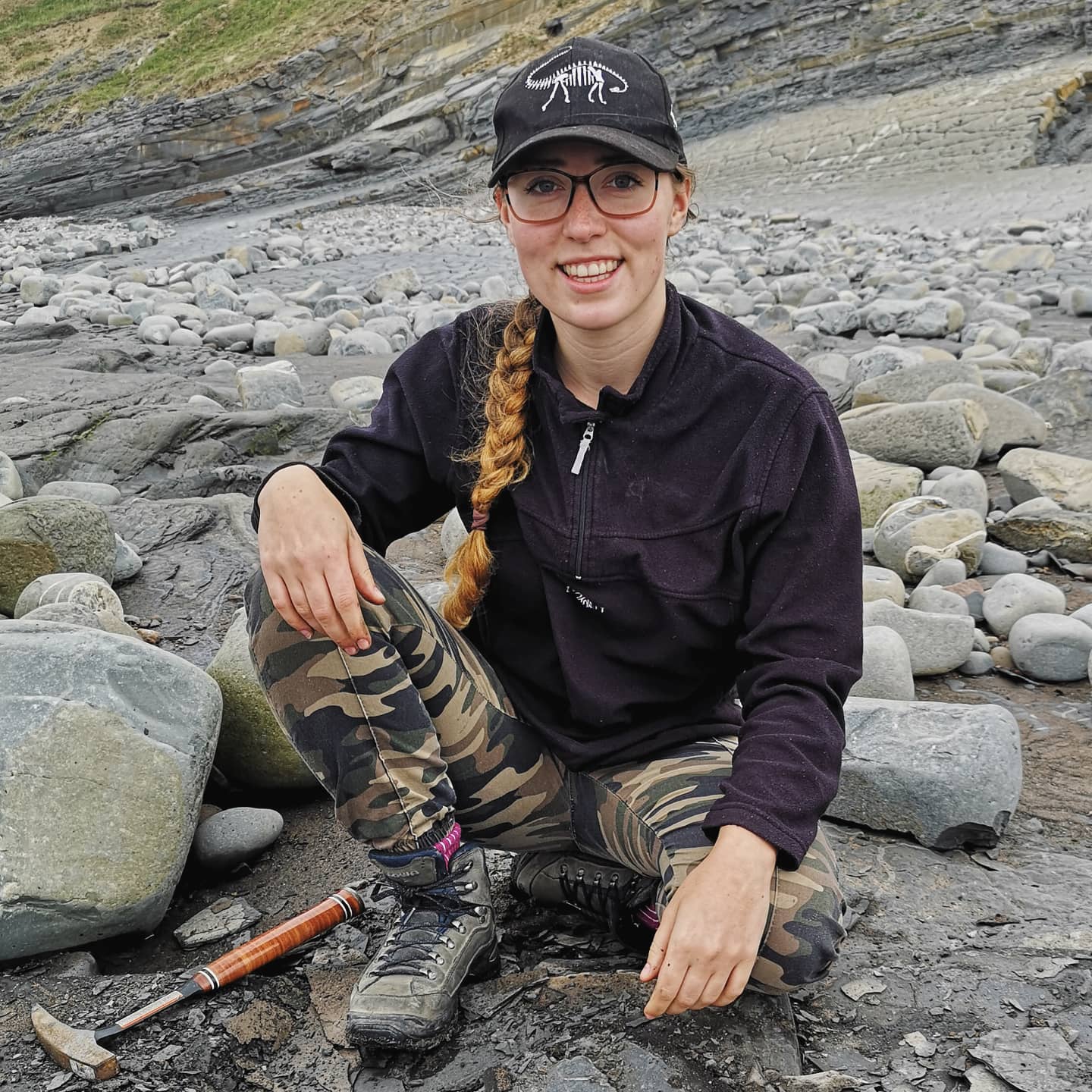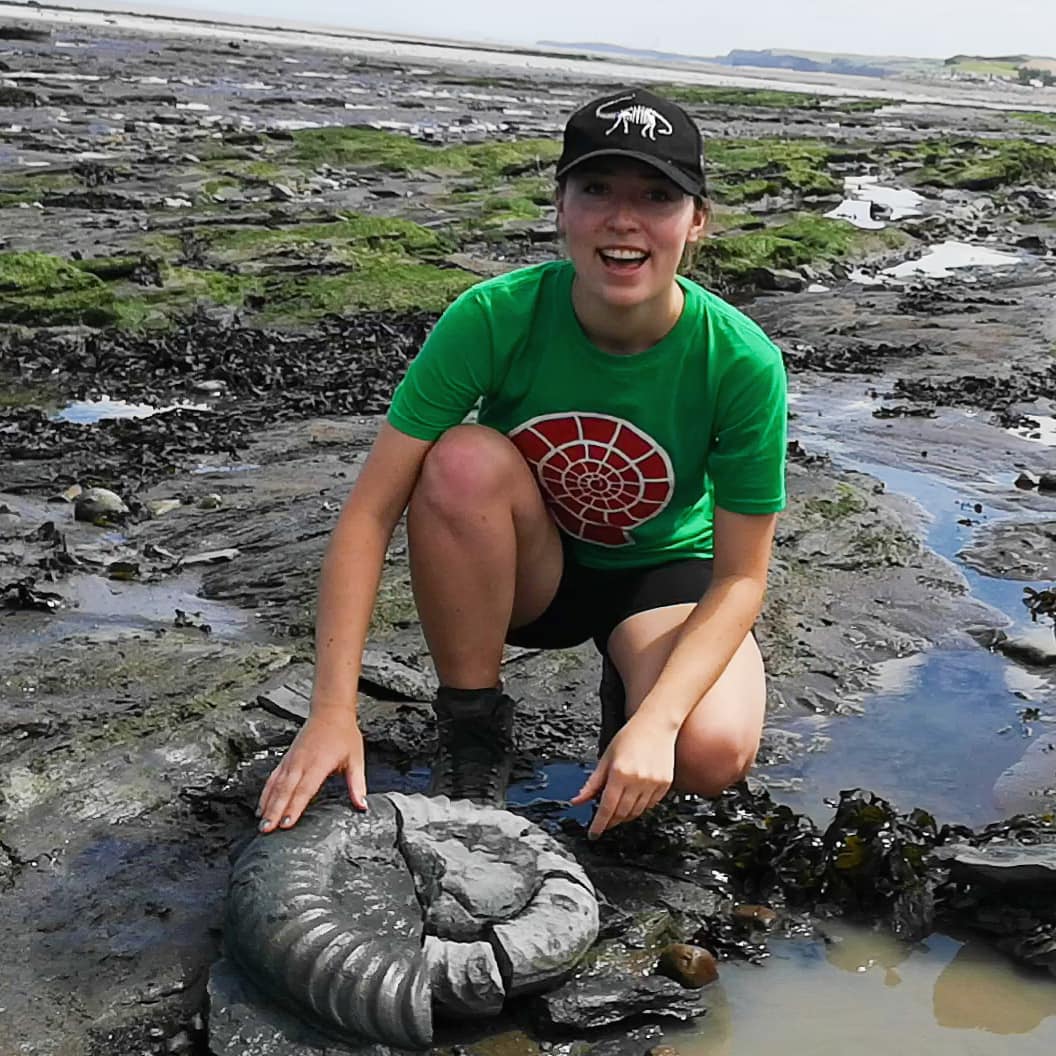Putting the spotlight on the women of Pangea
The first cohort of the PANGEA programme arrived in September 2020 and is composed of 17 students from various corners of the world!
From Brazil to Myanmar passing through Russia, the group gathers around a common passion: palaeontology.
Very proud of this first intake, we wanted to get to know better among our students, women scientists who have sometimes travelled the world to pursue their dream.
What was the driving force behind them? Why did they study palaeontology? To our questions, our female students answered with testimonies that shed light on their trajectories.
Phyo Wai Tant's testimony
- What is your name and where are you from?
Hello! My name is Phyo Wai Thant. I’m from Mandalay, Myanmar. It’ a beautiful country full of heritage and culture.
- What is your life trajectory before arriving here?
Before coming to this master programme, I was a UNESCO research scholar at AGH University of Science and Technology and before that I’ve just completed my Bachelor Degree in Geology from the University of Mandalay. I was always hoping to get some research experience abroad so that I can broaden my horizon and open new avenues for research and other inclusive opportunities like jobs and how I could best use my background and knowledge to benefit societies in general. And also I want to take things that I learnt from Europe back to Myanmar and help in development of my country.
- Why did you choose this major?
I chose PANGEA because it was closely related to my Bachelor Degree and I was always interested in fossils and I always wanted to decipher the history of the Earth and there is no better way to do it than Paleontology. It’ a key to the past and forecast to the future.
- Did you have difficulties during your master?
Starting my ERASMUS Programme in the wake of a global pandemic was a bit scary but also very challenging. Beginning from my flight from around half the world away, when I came to Lille, I was exposed to a whole new culture, different people and a new ecosystem altogether.
I had to align myself very quickly so that I can focus on my education since I knew it would not be easy settling in with the French Education system since the quality of education is very different to what I was previously used to.
I had to pull up my socks and it was sheer passion for geology and paleontology that kept me going, I took all my classes, submitted my assignments and reports in time by going an extra mile.
Everyone around me was extremely helpful and I am very happy to be a part of such amazing community of faculty and students. Teachers give their time, colleagues help and I do my best to play my part in a vibrant and stimulating programme.
- What did the master bring you?
This master programme has been very beneficial for me. I have learnt new skills, made new friends and built an amazing friendship network. I met people from across the world and it has benefited me in more ways than I can explain. For example, I never knew that I could be so independent and I could do things on my own as it is giving me a lot of confidence in life. This program has also given me a very deep understanding of Geology and an applied and systematic methodology which I require over time.
- What do you want to do in the future?
After my degree, I intend to work for either, I mean, depending on how it turns out at the end. I’ve chose two options that I want to do. One would be a PhD because my first knowledge is still fresh and I still want to learn and apply a lot more paleontology and I will try my best for that. And if I can get a PhD, then I will prefer working with oil companies or industrial research in which I can use my skills and research capabilities I’ve gained through this master programme and I would like to express myself through research.
On the field
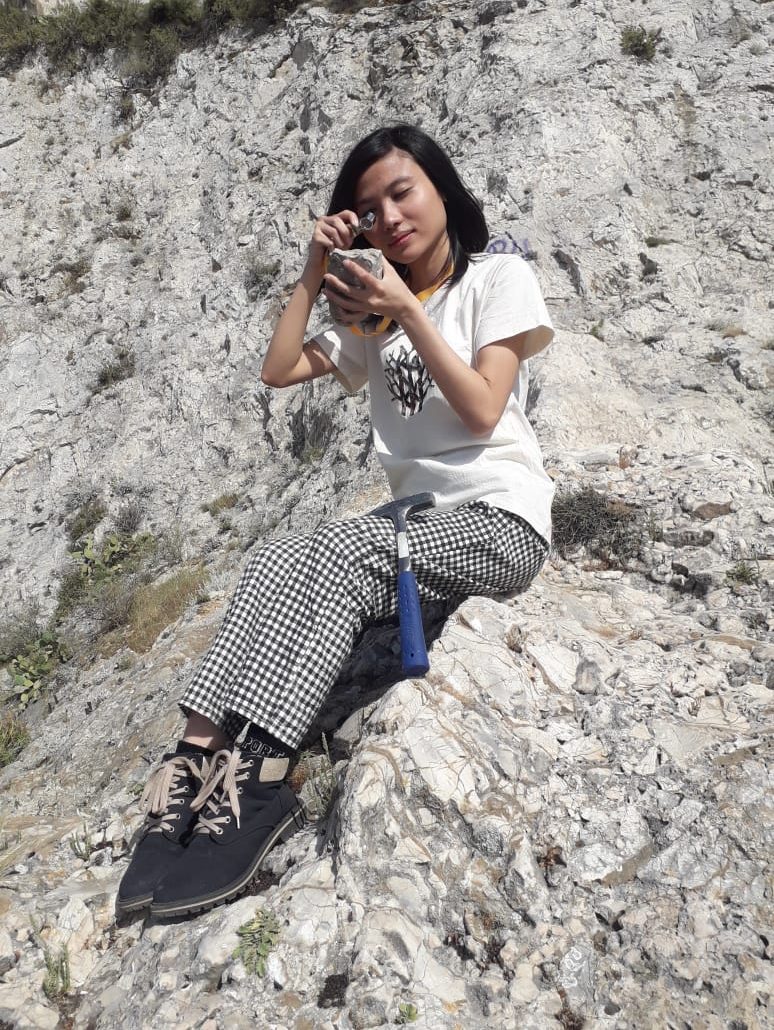
Phyo (Myanmar) is enrolled in the Applied Paleontology track
Elizaveta Popova's experience
“…Then apply the knowledge to study the evolution of earth by using different scientific approaches and at the same time I can travel and meet different people and beautiful places”
“I can even say we became a small family; we supported each other’s all this time. I really believe the best, intelligent, kind people were selected to the Pangea programme”
Elizaveta Popova (Russia) is enrolled in the Geoconservation track
Technical support of Juan Esteban Quintero Marín, PANGEA student
Marie Haut-Labourdette's experience
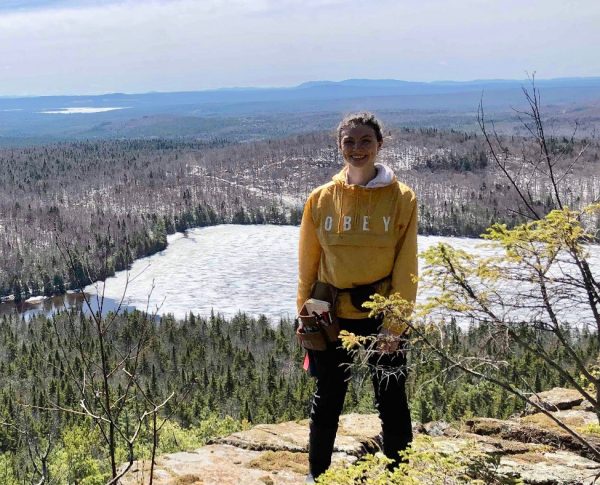
Marie Haut-Labourdette (France) is enrolled in the Applied Paleontology track
“I understood that if we want to apprehend the current situation for a better management of the efforts, we have to be aware of the past climate and the past environments to be able to identify anthropogenic impacts and natural cycles”
Click here to access Emma's YouTube channel
“Growing up in London, I had the natural history museum at my footsteps so every weekend, I always wanted to go and that’s what sparked my curiosity for Geology.”
“What’s amazing is that studying here in Portugal, we have the Arouca Geopark less than two hours away and that’s where like massive Trilobites can be found. They get to about… I think the biggest is about 80 centimeters, so that’s nearly a meter and that is huge. They are the biggest Trilobites in the world.”
Emma Cielsak Jones (UK) is enrolled in the Geoconservation track
Emma Cieslak Jones's field work
